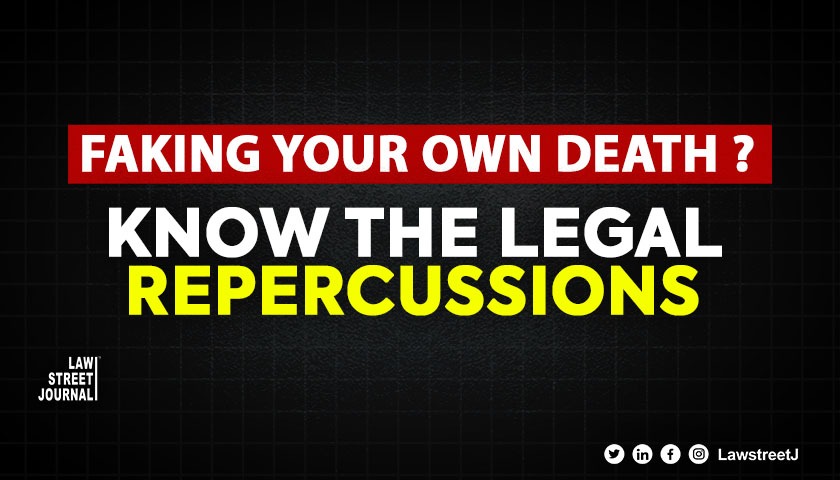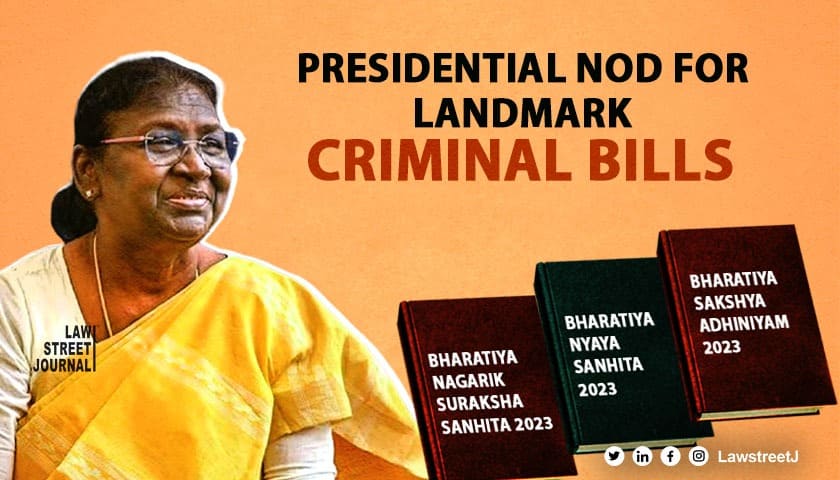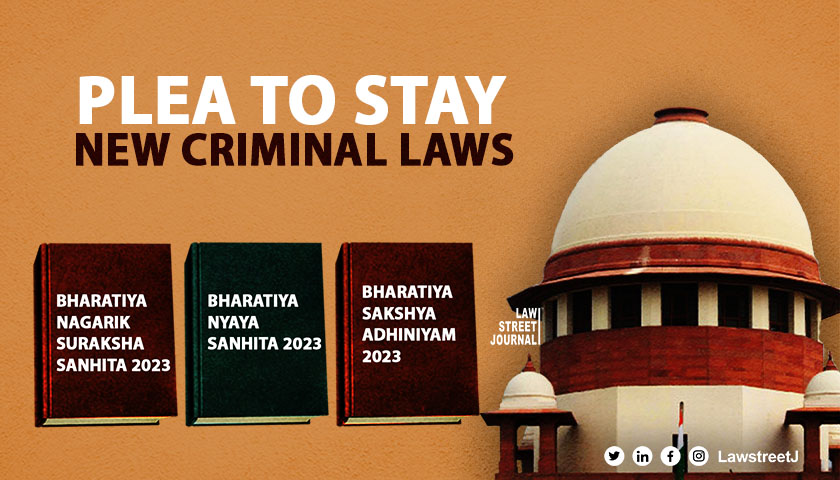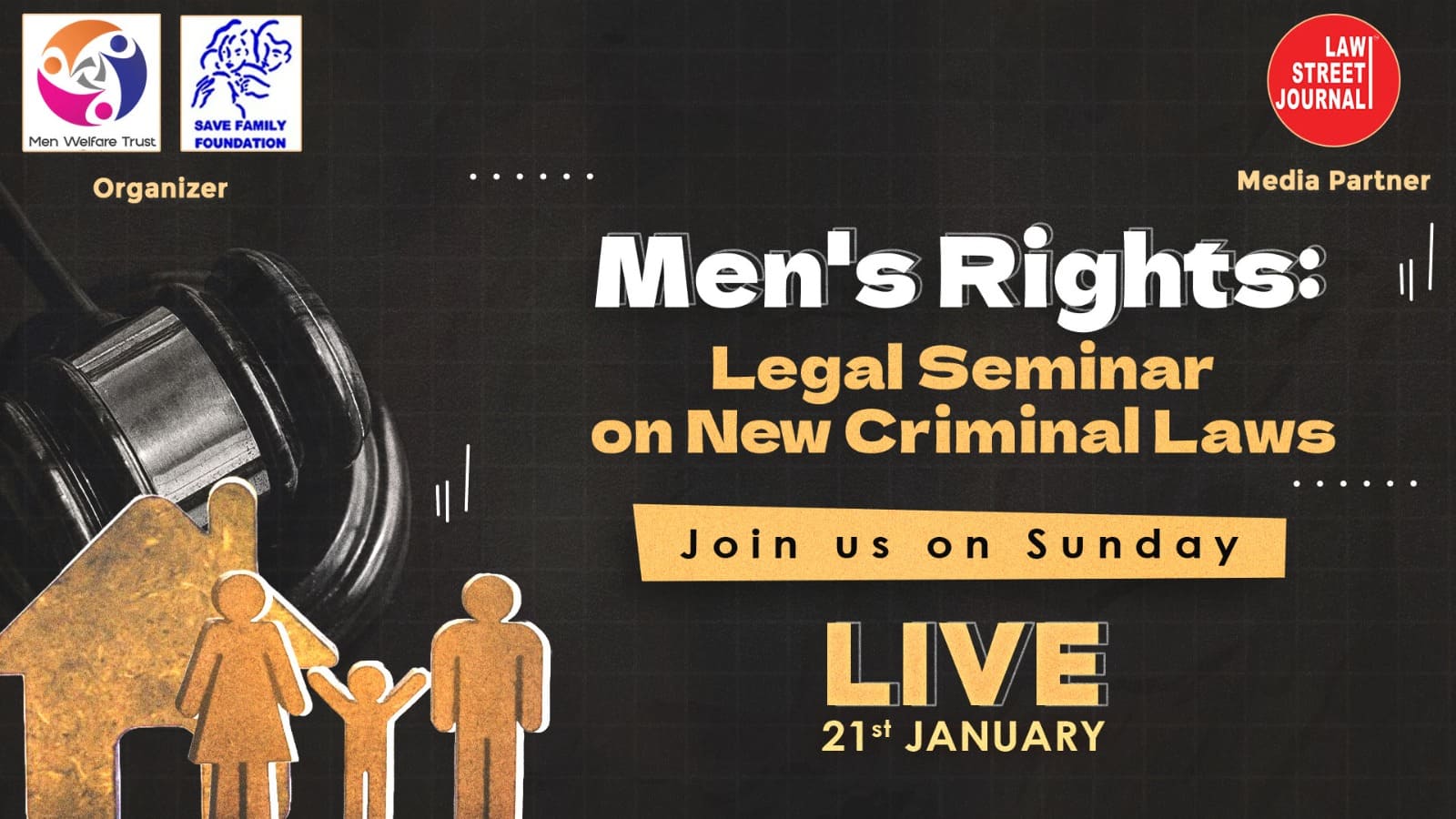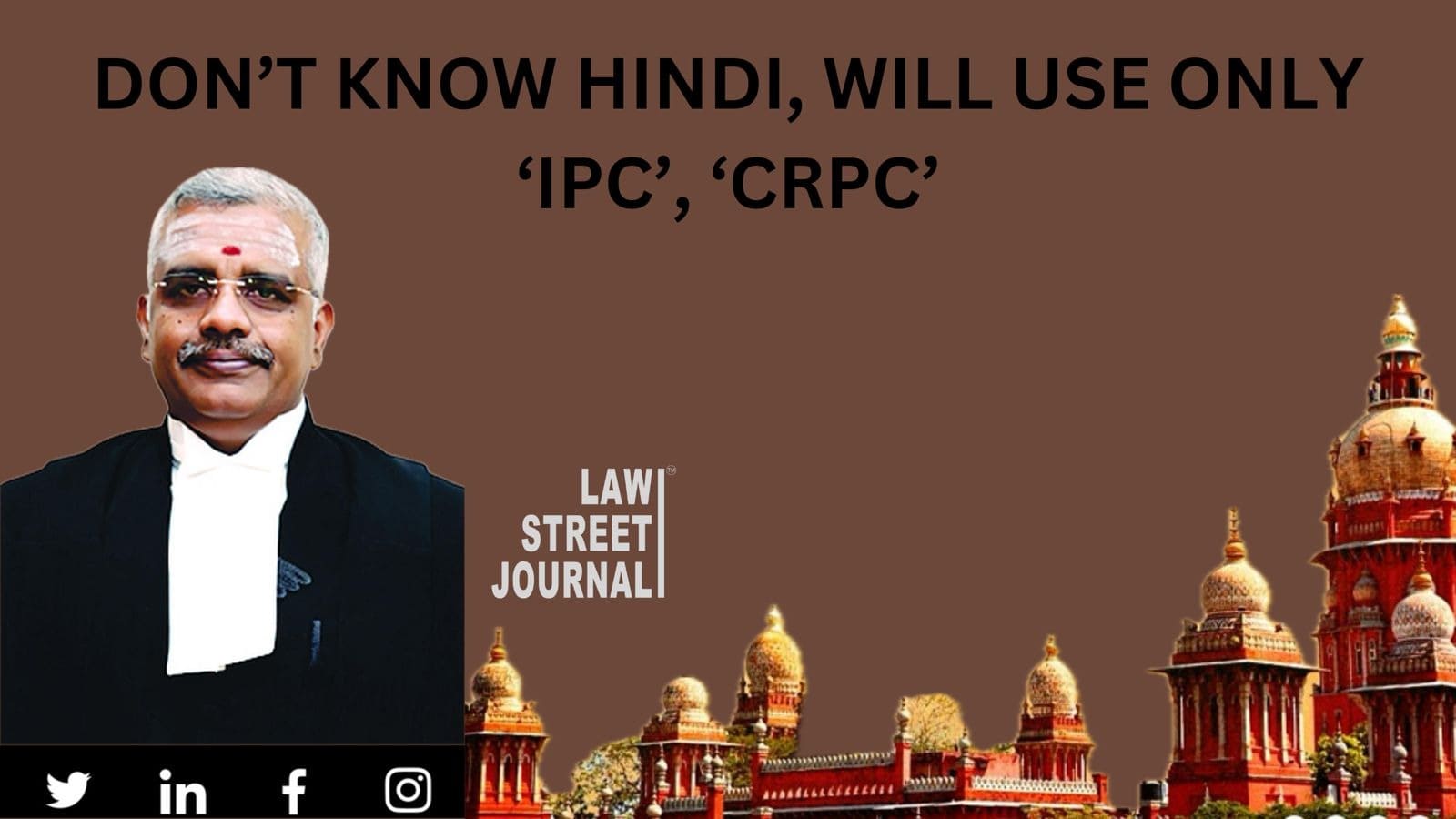NEW DELHI: Model Poonam Pandey recently faked her own death, claiming later that she orchestrated the same as part of an awareness campaign about cervical cancer - as a survivor of the disease - during the ongoing Cervical Cancer Awareness Month, to spread awareness about the human papillomavirus (HPV) vaccine.
Yet, this is not the first time a celebrity faked their own death. Did you know that earlier, even Manisha Koirala's death was faked for publicity? In 1995, Mahesh Bhatt had spread false news about his lead actress ahead of the release of 'Criminal'. Bhatt had published a poster in the newspaper with the headline, "Manisha Koirala has died."
Pseudocide refers to the phenomenon of someone faking his or her own death.
The emotional abuse of ones near and dear ones (and in the case of celebrities, their fans too) aside, what are the legal ramifications of committing pseudocide?
Although the act sits on a moral and ethical see-saw, one may be surprised to know that the act, by itself, is not illegal in India.
In the curious case of Poonam Pandey faking her own death, it opens up a wide discourse on the intersection of celebrity actions, public awareness campaigns, and legal boundaries. While her actions were motivated by a desire to spread awareness about cervical cancer, leveraging the extreme measure of faking death walks a thin line between innovative advocacy and potential legal and ethical pitfalls.
Despite the lack of direct legal repercussions for pseudocide in India, the broader implications of such actionsranging from public misinformation to the potential distress caused to fans and the publicunderscore a complex landscape where intent and outcome may not always align.
As society navigates these challenges, the importance of responsible communication and ethical considerations in awareness campaigns becomes ever more critical, highlighting a need for balance between creative expression and the potential ramifications of such actions.
Lets explore the legalities of committing pseudocide and the consequences, if any, of spreading fake news about another persons death in India, in this article.
Legality of Pseudocide:
There is no specific provision in the Bharatiya Nyaya Sanhita, 2023 (BNS) (formerly Indian Penal Code, 1860) that criminalize pseudocide.
However, ancillary acts done to commit pseudocide, and/ or the motives and consequences of the pseudocide can lead to criminal charges.
For instance, pseudocide committed with the intention and motive of insurance fraud, identity theft, obstruction of justice, and/or to escape due financial and/or legal liability/penalization - all can land one in jail under different legal provisions.
Therefore, the penalties for the crimes associated with pseudocide can be severe. They include imprisonment and fines.
Some of these provisions under the new BNS include:
1. Organized crime: Section 111(1) of BNS provides that where a person, in collusion with another person or persons, has committed any economic offence singly or jointly, by use of violence, threat of violence, intimidation, coercion, or by any other unlawful means to obtain direct or indirect material benefit including a financial benefit, shall have committed an organized crime.
Therefore, a person faking ones own death for instance, to secure an insured amount from an insurance company, could land in jail for anywhere between five years - life, and shall also be liable to fine not less than five lakh rupees.
It is important to note that even a mass-marketing fraud classifies as an economic offence, so while Poonam Pandey claimed to have faked her death for spreading awareness about cervical cancer, if/ where a person were to fake their death to commit a mass marketing fraud, they would be liable under this section of the BNS.
2. Harbouring offender: Faking ones death and obtaining financial benefits out of the same, or evading financial responsibility in the garb of death, cannot carry out the same without the aid, abetment or protection from one or more other persons.
As per Section 249 of BNS, whoever harbours or conceals a person whom he knows or has reason to believe to be the offender, with the intention of screening him from legal punishment could also be punished with imprisonment for a term which may extend to five years, alongwith fine, or for a term which may extend to three years, and shall also be liable to fine.
3. Obstruction of justice: In the instance that a person fakes their own death to evade lawful apprehension by the police for any offence with which they are charged or of which they have been convicted, under Section 262 of BNS, they could be punished with imprisonment of either description for a term which may extend to two years, or with fine, or with both.
4. Cheating: Section 318 of BNS provides for the offence of cheating - wherein if any person were to induce the delivery of any property by another person, by any false representation including - a false representation to be dead - or causes any damage or harm to another person in body, mind, reputation or property, by such false representation, shall have cheated.
Any person who commits cheating can be sent to jail for anywhere between three - seven years, or face a fine, or be punished with both.
5. Identity theft/ cheating by personation: In cases where a person commits pseudocide and takes up another identity - for escaping the clutches of the law - he/she may be made liable under Section 319 of the BNS which provides for cheating by personation.
Any or all of these charges could potentially be laid against an individual who is alleged to have committed pseudocide, if the context in which committed it, satisfies the particular charges.
However, ultimately it would be up to the law enforcement agencies and the Court to decide whether or not any recommendation for criminal charges satisfies any of the above sections from the BNS.
Currently, there is nothing specific to faking your own death, and the existing provisions necessarily involve criminal motive and intention.
It is unclear as to what the legal consequence would be where someone simply commits pseudocide to disappear and start their life over.
What happens when media houses or individuals spread fake news about anothers death?
Media houses and fake news:
With Article 19 of the Constitution ensuring freedom of speech and expression, there is no explicit legislation in India that prohibits the dissemination of fake news as far as news agencies are concerned, this includes spreading fake news about another persons death.
That being said, spreading misinformation or disinformation is a crime under both the Bharatiya Nyaya Sanhita (previously Indian Penal Code) and the Information Technology Act, 2000.
Defamation
A civil or criminal case for defamation is a possible remedy if media houses have spread fake news about a persons death - knowing and/or intending to hurt the persons reputation, or causing damage to their goodwill by publication of such news.
This could extend to cases where not just the news of ones death, but also the cause of death are incorrectly reported. For instance, if it is wrongly reported about a person that they died of an alcohol/drug overdose, the same would amount to defamation.
Previously, IPC Sections 499 (defamation) and 500 (whoever defames another shall be punished with simple imprisonment for a term which may extend to two years, or with fine, or with both) provided for criminal defamation proceedings, providing that:
If anyone by words either spoken or intended to be read, or by signs or by visible representations, makes or publishes any imputation concerning any person intending to harm, or knowing or having reason to believe that such imputation will harm, the reputation of such person, they will be liable for defamation which is punishable under Sections 499 and 500 of the IPC.
The corresponding provision for defamation in the BNS is Section 354.
IT Act, 2000 and Rules
Under Section 66 of the Information Technology Act, 2000: If any person, dishonestly or fraudulently, does any act referred to in section 43 (damage to computer, computer system), he shall be punishable with imprisonment for a term which may extend to three years or with fine which may extend to five lakh rupees or with both is another provision useful to deal with fake news in India, which can be utilized in case of fake news of death also.
In 2023, the government of India notified the Information Technology (Intermediary Guidelines and Digital Media Ethics Code) Amendment Rules, 2023.
The 2023 amendment gives the Ministry of Electronics and Information Technology (MeitY) the authority to notify any fake, wrong, or misleading online content pertaining to any Central Government activity to a fact-check body of the government [Rule 3(1)(b)(v)].
Social media platforms (like Facebook and Twitter) and telecom service providers are required by Section 3 to advise users not to host, display, upload, modify, publish, transmit, store, update, or share any information about any Central Government business that the fact check unit deems to be phony, false, or misleading. This is an additional due diligence requirement.
While the Bombay High Court recently passed a split verdict on the validity of this provision, if subsequently upheld by the Court, one aggrieved by the spread of fake news about ones death could also possibly make a representation to MeitY.
Checks for news publishing houses
As for news agencies, if the Press Council of India, a regulatory organization, determines that a newspaper or news agency has broken journalistic ethics, it has the authority to warn, reprimand, or condemn the newspaper, the news agency, the editor, or the journalist, or it can reject the journalist's or editor's behaviour.
The news and current affairs broadcasters on private television networks are represented by the News Broadcasters Association (NBA). The self-regulatory organization looks into grievances about electronic media. The Indian Broadcast Foundation (IBF) also investigates complaints on programming that broadcasters have aired.
The Broadcasting Content Complaint Council (BCCC) accepts complaints about false news and unpleasant TV programming directed at TV broadcasters.
Conclusion:
In the context of Poonam Pandey's case, while her intentions to raise awareness about cervical cancer through faking her own death sparked debate, it's crucial to note that the act of faking one's own death, or pseudocide, is not explicitly illegal in India. This absence of direct legal prohibition highlights a nuanced legal landscape where the consequences of such actions are contingent upon the motives and methods involved rather than the act itself.
Although Pandey's method was unconventional and controversial, it falls within a legal gray area, emphasizing the need for careful consideration of legal, ethical, and societal norms when engaging in public awareness efforts. This scenario underscores the importance of aligning advocacy strategies with legal frameworks and ethical guidelines to ensure that the intended message is conveyed without unintended legal or moral complications.

